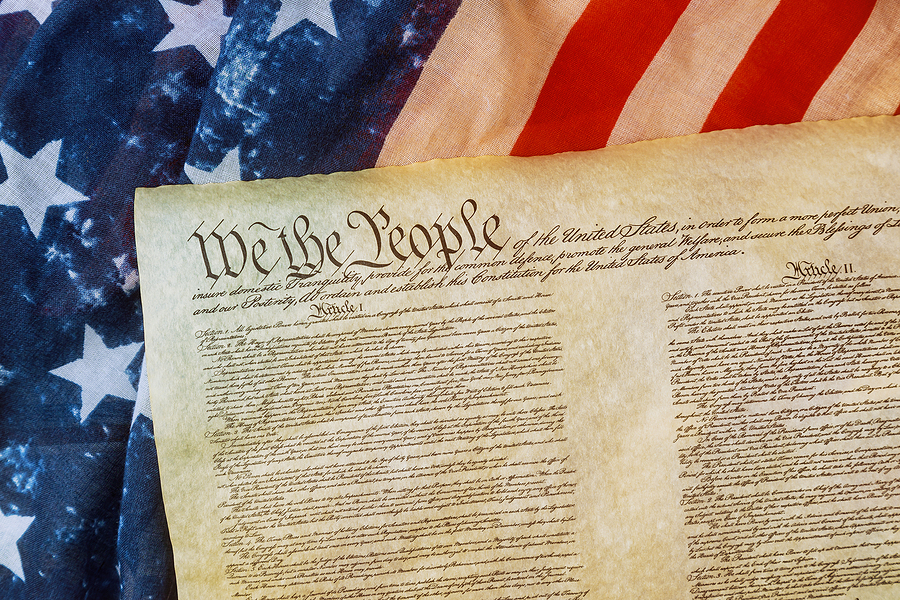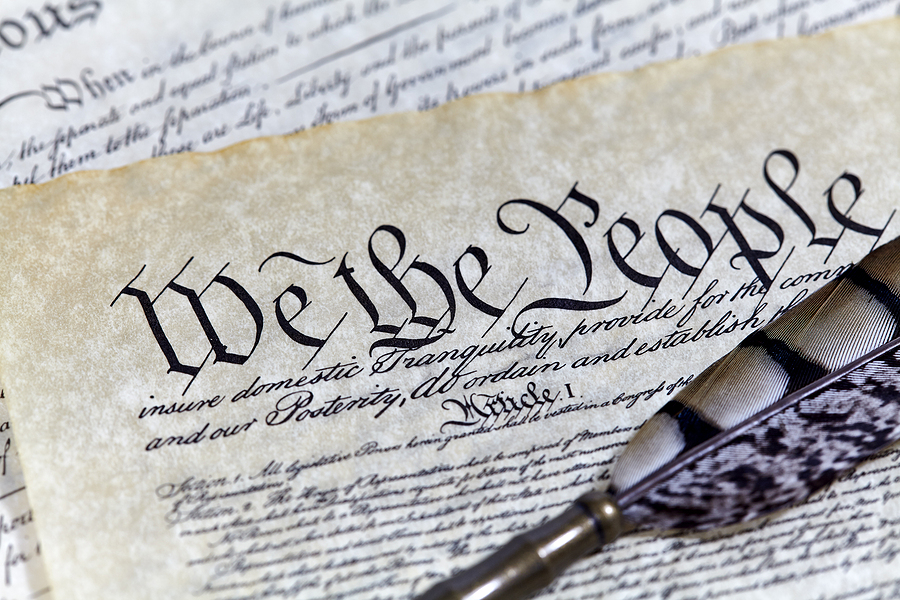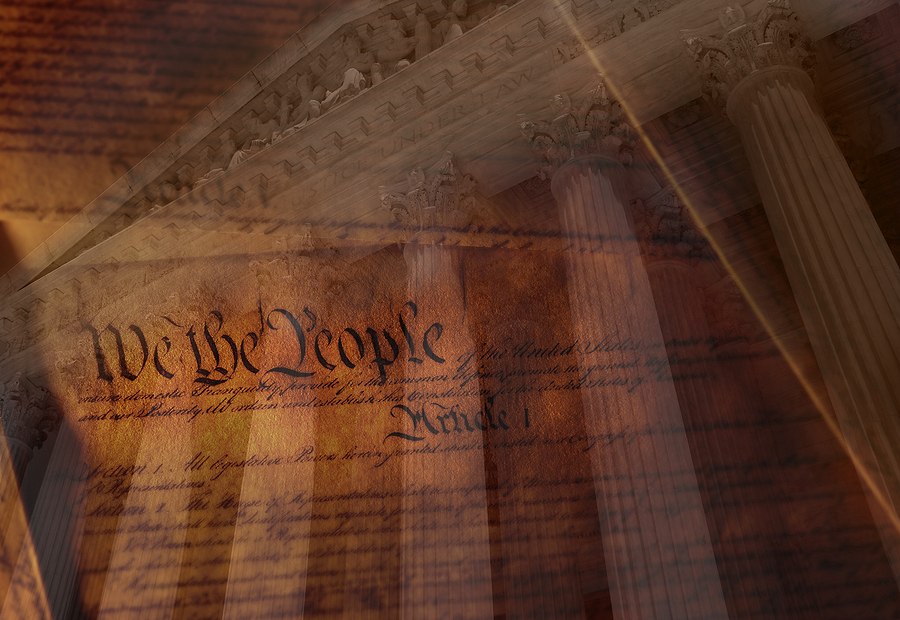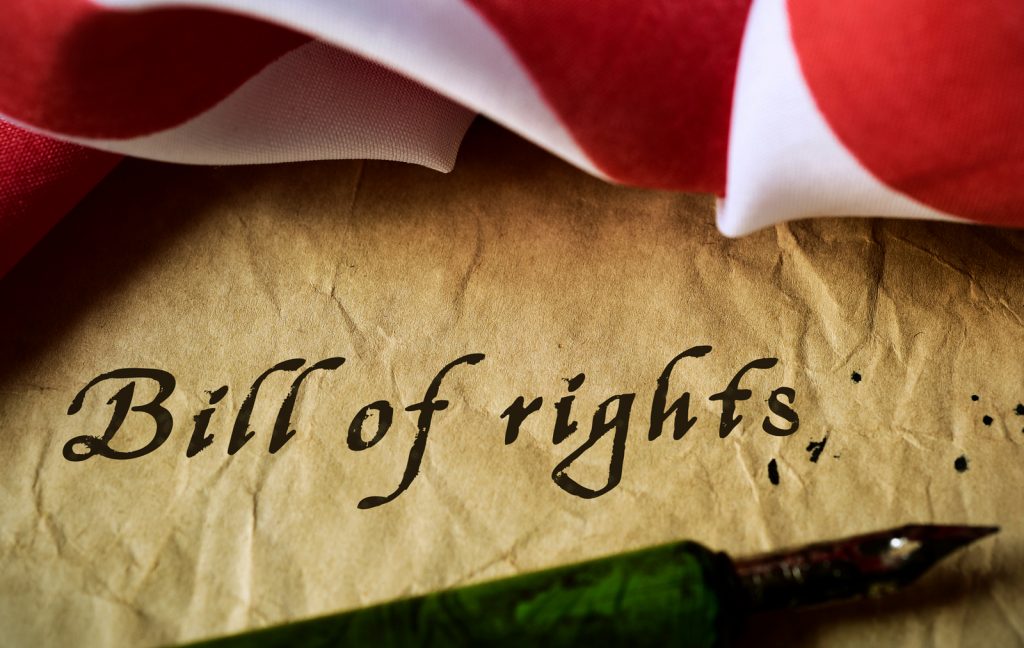Navigating the legal landscape when you or a loved one has been arrested can be daunting. One key component of the justice system you need to understand is bail bonds. This blog post will shine a light on bail bonds in Indiana, demystifying the process and ensuring your rights, as protected under the 8th Amendment, are upheld. We’ll dive into the role of bail bondsmen and how they operate within the ambit of the law. Our aim is to equip you with the necessary knowledge to navigate the bail bonds process confidently and legally.

Information About Posting Bail in Indiana
When an individual is arrested, they can either remain in jail until their court date or post bail. Posting bail is the process of providing money to get out of jail and ensure your return for a future court date. This can be done through cash or a surety bond – commonly referred to as a “bail bond”. A bail bond is a promise to the court that you’ll return for your hearing and pay back any fines or fees imposed by the judge.
Bail bondsmen are individuals who post bail for people who can’t afford it. In order to be eligible to work as a bail bondsman in Indiana, applicants must pass an exam administered by the State of Indiana’s Department of Insurance and be licensed by the Bureau of Motor Vehicles.
The 8th Amendment: What It Means for Bail Bondsmen in Indiana
The 8th Amendment to the United States Constitution protects citizens from excessive bail, fines and cruel punishments. This means that bail bondsmen in Indiana must work within the confines of the state’s bail laws.
Bail bondsmen are only allowed to charge a fee based on a schedule set by the state and they must return any collateral used to secure the bond within 30 days of the court date. If the defendant fails to appear, the bail bondsman is responsible for forfeiting any collateral used. All fees and premiums collected must be paid to the clerk of court within 30 days.
The Role of Bail Bondsmen in Indiana
Bail bondsmen fill an important role in Indiana’s criminal justice system. They provide a service for people who can’t afford to post bail on their own, assisting them with the process and ensuring they make it back to court. Bail bondsmen also provide valuable advice to their clients on the court process and work with the courts to ensure a smooth process. They can also provide pre-arranged bail for those surrendering to an arrest warrant.
In addition, bail bondsmen can help guide individuals through the appeals process if they are found guilty of a crime. They have an extensive network of legal professionals and resources that can help build a strong defense appeal. This is all done with an eye towards ensuring the individual’s rights, as outlined by the 8th Amendment, are respected and upheld.
In Conclusion
By becoming familiar with the laws surrounding bail in Indiana and finding an experienced and reputable bail bondsman, you’ll be able to confidently navigate the legal system should you or someone you know ever find themselves facing criminal charges. It’s always a good idea to have a plan of action in place in case you or someone you know is arrested and needs to post bail. Researching the laws surrounding bail bonds, familiarizing yourself with your 8th Amendment rights, and seeking out an experienced local bondsman can help ensure your legal proceedings go as smoothly as possible.
Understanding bail bonds in Indiana is essential for anyone facing criminal proceedings. Being aware of your rights, as protected under the 8th Amendment, is key to ensuring a fair outcome. While navigating this process can be intimidating, our Indianapolis bail bondsmen are here to help. They provide a valuable service and have the expertise to make sure your rights are upheld throughout the entire process.
Looking to post bail for someone or yourself in the near future? Contact Woods Bail Bonds at 317-876-9600 for 24 hour bail bond services in Indianapolis, Indiana you can trust. We also offer prearranged bail bond service for arrest warrants and probation violations.
Related Posts:
Important Legal Terminology for Bail Bonds
What are the Consequences of Bail Jumping in Indiana?
Can I Get Bailed Out of Jail on a Federal Charge?







